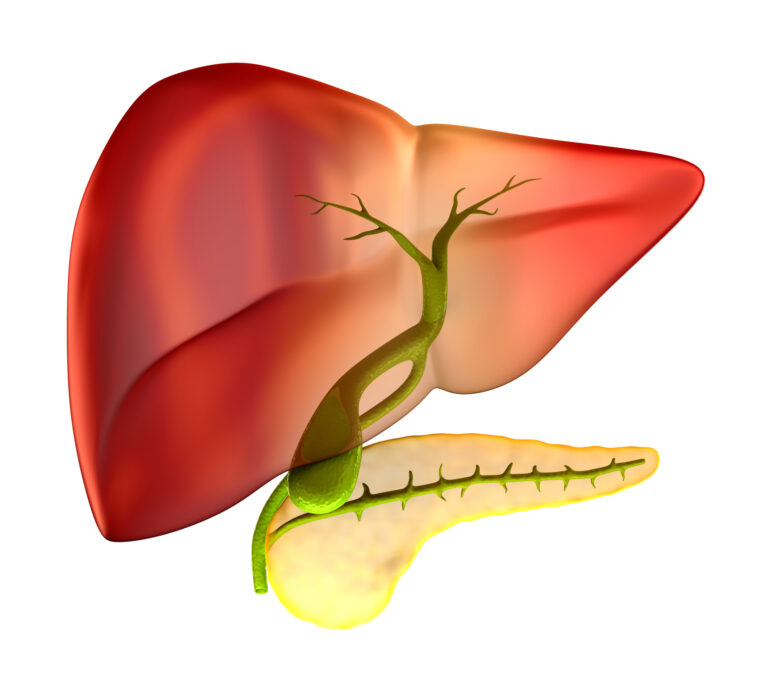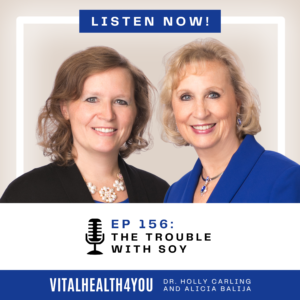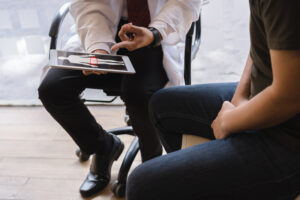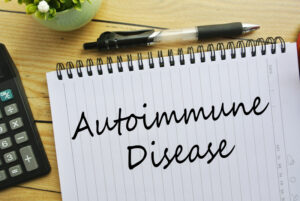are no parts of our body that we don’t need. All have a function, even if we don’t understand all it does. Doctors frequently remove organs saying “you can live perfectly well without it”. If that statement were true, we wouldn’t have had the organ in the first place! The saying “God don’t make no mistakes!” is apropos here. While it is true that the body learns to adapt to the loss, it does it by placing a burden on another organ or system. Believe me, the body knows the difference.
Every 10 years or so there is a “fad” surgery. First it was tonsillectomies. Doctors convinced parents that tonsils were simply a nuisance and that a child with frequently swollen or infected tonsils was better off without them. In my younger years as a nurse, not even knowing what I know today about the intricate web of function in the body, I was abhorred when while working in the Pediatrics Department I saw many parents bringing in all their kids at once to “get those troublesome tonsils taken care of” so they wouldn’t have to deal with them again. Then the next fad was appendectomies. Again, the poor little appendix was given the sentence of “no use in the body” and quickly excised. While it is true that a badly infected or ruptured appendix can have serious repercussions in the body, and possibly even death, it is still a necessary organ.
Then it was hysterectomies, then colon resections for weight loss, and now gallbladders (and even more recently stomach stapling). Although all the above surgeries are performed still today, they are now “old hat” and just accepted. What creates a “fad” surgery is a concurrent rise in health issues related to that organ along with new techniques to safely eliminate the offending organ. It’s wonderful that we have developed these great techniques since in rare instances a life could be in jeopardy without them. But what is continually ignored, is what goes wrong in the first place. Why has there been an increase in these health issues?
Cholecystectomies (gallbladder removal) are the fad one today. Doctors brag about how many hundreds or thousands of cholecystectomies they do each year. So since gallbladder issues are on the rise today, we need to look at the why. The gallbladder is not the cause of the gallbladder issues. I know that sounds funny, after all, it is housing the gall stones. The gallbladder is simply an innocent bystander. There are other problems in the digestive tract causing it, and even when the gallbladder is removed, that underlying problem still exists. Not having the constant reminder (for example stomach pain or nausea after eating) is nice, but what about the problem?
The why has to do with a lifestyle of rich foods, processed foods, fake fats in our foods, stress and overall a lifestyle that is not supportive of vital health. As soon as a food containing fat touches the tongue it sends a message to the brain. This message tells the liver to make bile (a fat-digesting enzyme) and send it to the gallbladder to hold. When the food moves out of the stomach into the upper end of the small intestine (the duodenum) a signal tells the gallbladder to release its contents into the duodenum which is where fat breakdown now mostly occurs. This is healthy fat metabolism. So if the system were so simple, what goes wrong?
There are several reasons. Stress is one. Stress is interpreted by the body as a flight or fight instinct. In that instinct any function not needed to run or flee is shut down. Hence digestion is shut down. That’s okay once in awhile, however, persistent stress continually shutting down digestion becomes a problem. Certain enzymes released in the stomach are normally a trigger in the duodenum, forcing the release of the stored bile into the duodenum in order to digest fats. Stress contributes to a deficiency in these enzymes, negating the triggering effect further down the digestive tract. When this happens, the bile is still held in the gallbladder. Then the next meal comes along and the story repeats. After continually storing bile and not releasing it, the gallbladder will begin to concentrate it. Bile, composed of bile salts, water, protein, bilirubin, cholesterol and other fats, is normally the consistency of water. But when stored for prolonged periods, gets thick and sticky and like tar.
Stress reducing the stomach enzymes also inhibits complete digestion of calcium. This calcium is dumped into differing locations in the body. When dumped into the tarry mass in the gallbladder and allowed to sit day after day, month after month, stones develop. These stones can be as tiny as a grain of sand, not causing any discomfort or as large as a walnut or golf ball. When these stones get stuck in any of the biliary ducts, the pain can be excruciating! Then, it’s no wonder people flock to the surgeons and ask to take their gallbladder out.
Diet has a huge impact on gallstones. Eating foods which have been fried, containing partially hydrogenated fats, and eating margarine are contributing factors. Eating highly processed foods are also contributing factors. Eating foods rich in natural enzymes such as fresh fruits and vegetables are helpful, but once the stones are formed, other measures are needed.
There are other more sensible courses of treatments. For instance, there are flushes you can do to get rid of the stones. There is a preparatory period to prevent them from getting stuck and then a simple overnight flush. It’s easy to do and very inexpensive. Many M.D.’s who agree with the effectiveness of this method, complain the stones will return. They’re right. However, with one caveat. If you continue to do the same things in the same ways and expect a different result, you’re wrong. You need to modify your diet and lifestyle and correct the digestive incompetence to prevent further recurrence.
Acupuncture is a great way to correct digestion. It is also used to control the symptoms of gallbladder distress until a flush can be done. It also works to reduce the inflammation and increase immune function if an infection is now involved in the gallbladder or pancreas as a result of the stone.
The most important thing to remember is that you still need your gallbladder and there are proven methods to save it. Talk to a qualified practitioner who can give you practical nutrition and treatment advice to not only save the gallbladder now, but in the future as well.
©2006 Holly A. Carling, O.M.D., L.Ac., Ph.D.







